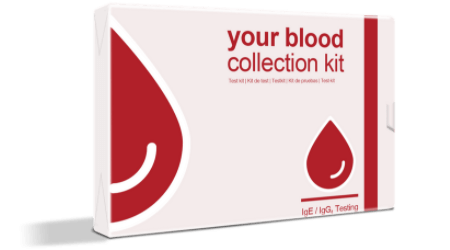ATA Blog
TITLE – Do Food Intolerances Go Away?
KEYWORD – food intolerances
While mild food intolerances often cause a bit of disruption to your portioning, it’s often only the moderate to severe ones that can make you feel like you have to avoid problem foods totally. That being said, living with food intolerances can be frustrating and restrictive when it comes to enjoying food without any hint of a symptom. If you want to free up your life, it’s possible that you could look into the idea of getting rid of your food intolerance (without medical suppression). But is it possible?
Can you get rid of food intolerances?
To understand the fluctuation of food intolerances, the first step is to take a look at what a food intolerance actually is. This is when your body is missing important digestive enzymes for a particular food ingredient. For example, those who are lactose intolerant are missing lactase. This means that the digestive tract isn’t able to break down and digest these products easily because they’re missing part of their power.
This creates digestive upset, which can result in varying degrees of symptoms.
Food intolerances can appear in your life at any time, and there are many people who will go their entire lives without realizing that they even have a food intolerance at all. This is often due to the symptoms being misattributed to something else or just ignored completely.
You will be happy to know that you can actually re-train your body to digest the problem food ingredient that it can’t handle, but it is a careful and long process that isn’t exactly a cure. It’s just a helping hand.
It starts with a test for food intolerances. This will tell you what you are intolerant to, exactly, and even how severe it is.
Once you get that information and the elimination guide, you can go on an elimination diet. This just means that you’ll detox your body from the intolerant foods and get a good baseline. This should be long-term for about 12 weeks (to help really prime the body for re-introduction).
With a good log to help judge your symptoms and their severity, slowly and carefully add back in one intolerant food at a time. It’s important that you do this slowly and in very small amounts. Your body, healthier and stronger, can possibly learn how to digest the problem ingredient and give you more freedom to enjoy the foods.
Even if you get to the point where you are able to eat a “regular” amount of your problem food, you will need to stay cautious of it. Always keep your positions small and infrequent. Too much in too short of a period can re-trigger the same symptoms, and you’ll have to start over again.
So, going for an elimination diet isn’t exactly a cure for food intolerances, but it can seriously help you enjoy them a lot more, especially when you are dealing with more severe symptoms to common foods that are hard to avoid. If you decide that this is the right path for you, get a dietician on board to help you keep your nutrition in check while doing the elimination diet and to help you ease into the re-introduction part of the diet at the right time and with the right levels. This will make your chances better of enjoying more of those problems good ingredients.


